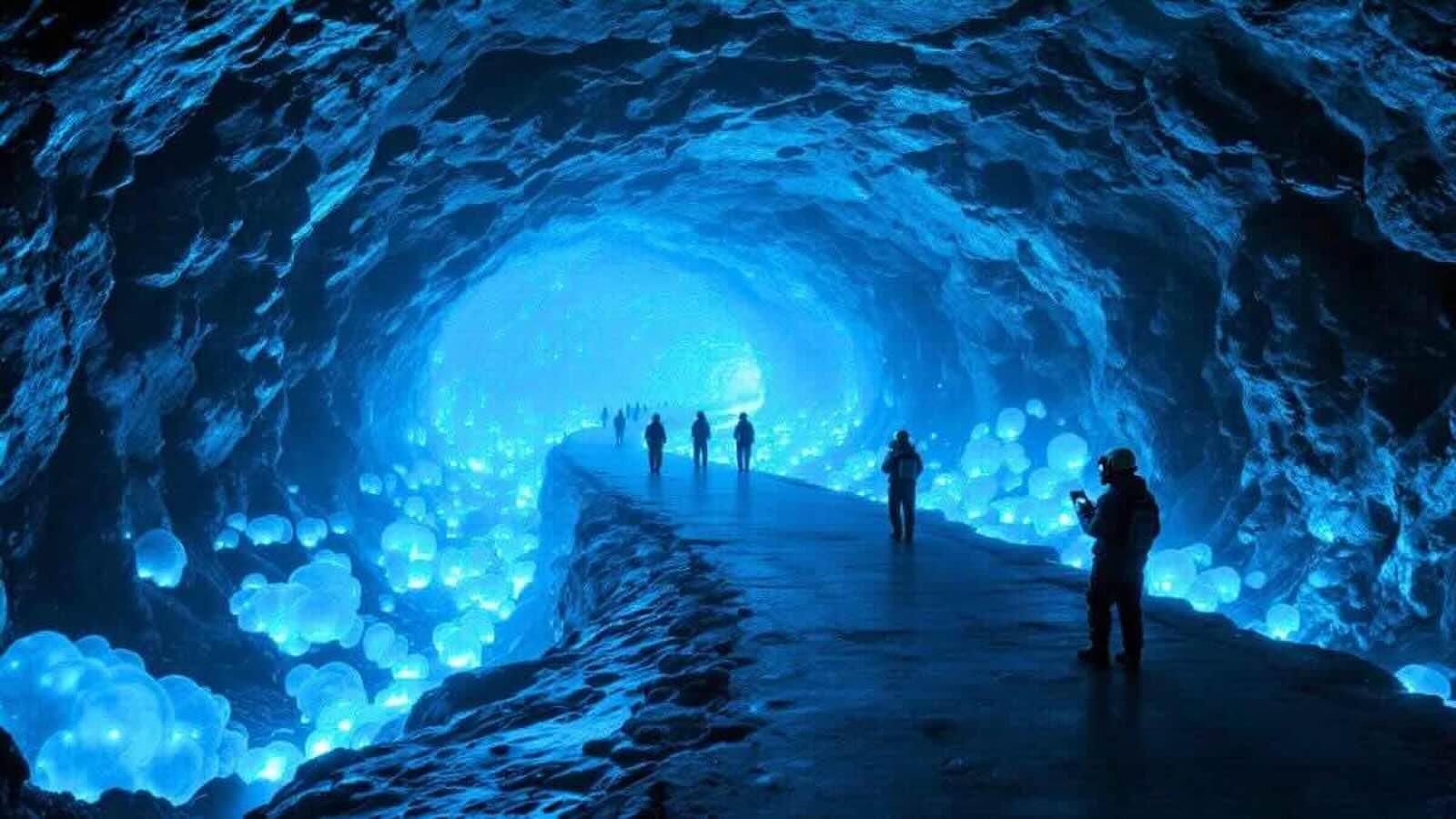Scientists in Lorraine, France, have unearthed a remarkable 46 million tons of natural hydrogen, marking one of the largest deposits of this resource in the world. This discovery emerged during research initially focused on methane, revealing vast quantities of hydrogen buried over a kilometer underground. The implications of this find could reshape Europe’s energy landscape and contribute significantly to the clean energy sector.
Natural hydrogen, particularly the type found in Lorraine, is noteworthy because it exists without harmful emissions—unlike gray hydrogen, which is produced through carbon-intensive industrial processes, and green hydrogen, which is derived from renewable sources but is costly and complex to produce. White hydrogen, on the other hand, can be extracted with minimal environmental impact, making it an attractive option for energy production.
Philippe de Donato, a researcher involved in the project, stated, “White hydrogen could be a game-changer for the global energy transition,” underscoring its potential to support cleaner energy solutions.
Historically, Lorraine has been a coal and iron mining hub, but the decline of these industries left the local economy struggling. The discovery of natural hydrogen may signal a revitalization of the region, transforming it into a center for clean technology. This could lead to the creation of thousands of jobs and attract investment focused on renewable energy initiatives.
Plans are already underway to develop this resource further. The project aims to establish new research and energy technology centers, develop infrastructure for hydrogen production and distribution, and promote innovations in heating, transportation, and industrial processes. Laurent Favre, project director, emphasized the potential for Lorraine to emerge as a leader in clean hydrogen production.
The ramifications extend beyond France. As several European countries invest heavily in hydrogen produced from wind, solar, or natural gas, France’s ability to extract clean hydrogen directly from the earth presents a strategic advantage. This not only positions France to export hydrogen to neighboring countries but also provides Europe with a local alternative to imported fossil fuels. Such developments align with global climate goals, offering scalable, sustainable energy solutions.
The applications for white hydrogen are extensive, ranging from powering steel production and trains to improving the efficiency of renewable energy storage. With climate deadlines approaching, the timing of this discovery is particularly crucial.
Next steps include exploratory drilling to assess the full scope of the deposit and a phased rollout of extraction to ensure responsible development. Environmental monitoring will accompany all activities to protect the surrounding ecosystem. France aims to balance economic growth with ecological responsibility, ensuring that this resource serves both current and future generations.
As discussions about energy revolutions continue globally, the discovery in Lorraine stands out as a significant finding. It highlights the possibility that nature might already hold part of the solution to our energy challenges. This development could influence energy strategies worldwide, from residential heating solutions to transportation fuel sources, placing Lorraine firmly on the global energy map as a focal point for future advancements.




